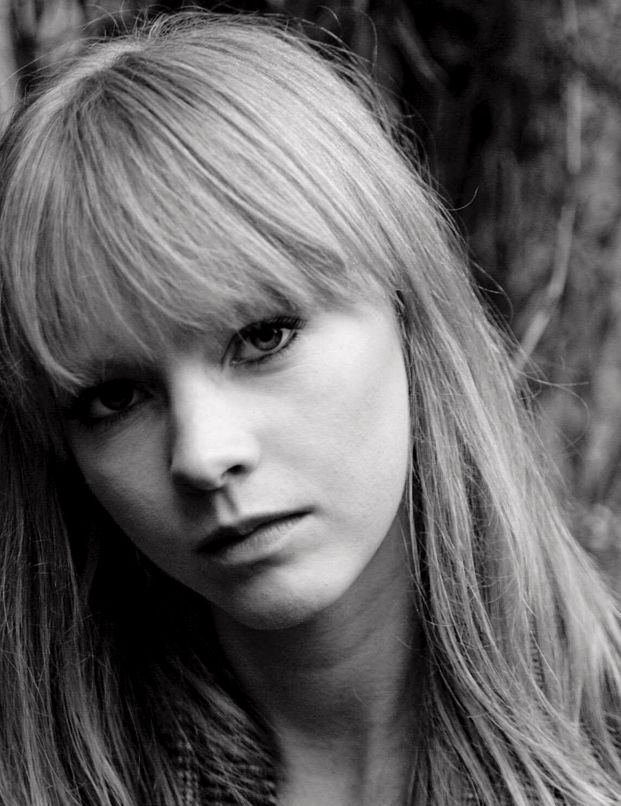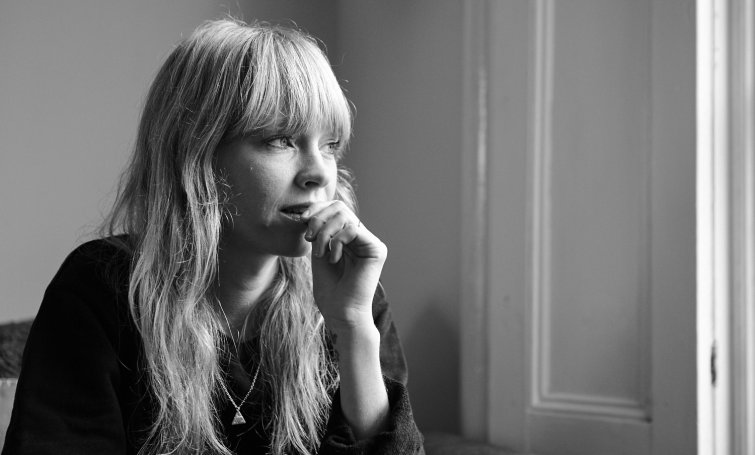Lucy Rose was among the highlights of a particularly strong Glastonbury 2017, although one of the things that struck me the most about her set was her chatter in between songs. A number of times, she alluded to a big creative crisis she had gone through recently, and even expressed uncertainty about playing Shiver, one of her best known and loved songs. I wanted to get to the bottom of all this, and two weeks after watching her play Glastonbury’s Avalon Stage, I find myself sat with the singer-songwriter herself in the garden of the North By Northwest, an Alfred Hitchcock themed pub in Islington, London.
“I don’t want to say the same thing everyone says, ‘the industry got me down’,” Lucy says, her accent a blend of her native Warwickshire, and her adopted home of London. “Something more and more artists are saying, and in public. It wasn’t really that which got me down; it was more about feeling I wasn’t part of how music is put out, and enjoyed. Trying to find my place within the industry, and all that pressure to look a certain way. As you saw at Glastonbury, I like to do my own soundcheck, and people would tell me, ‘you shouldn’t do that!’”
I tell Lucy it was a little strange, coming straight from the Pyramid Stage after seeing Barry Gibb [at Glastonbury], to finding her repeatedly pressing a note on her stage piano prior to her performance for the soundcheck on the Avalon Stage. So I’m relieved to find it was external factors surrounding Lucy’s second album, Work It Out (a more upbeat departure from her debut album, Like I Used To), that were bringing her down — and in fact, she had to fight to make it a record she could be 100% proud of.
It’s all led to her divorcing from Columbia Records; her latest album, Something’s Changing, is out now with her new team, Communion Records, a label whose name has perhaps never been more apt.
“I was just fed up of arguing,” Lucy admits. “Especially with people who were meant to be on my side. People saying, ‘you should start co-writing’, and then having huge arguments about that.”
Thank goodness she won that battle. The notion of an artist like Lucy sitting in a room with a rushed-together team of songwriters just doesn’t sit right.
“I don’t want to co-write; I want it be authentic, and to be me,” Lucy says. “And then I was being treated as an awkward person, as if I was doing it just to piss them off! That was hard, feeling as though everyone hated me because I want to write my own music. It’s hard wanting to be yourself, and everyone saying, ‘we want you to be different to you.’ It eventually made me lose my entire confidence in myself — feeling like, ‘does anyone want me to be me?’”

